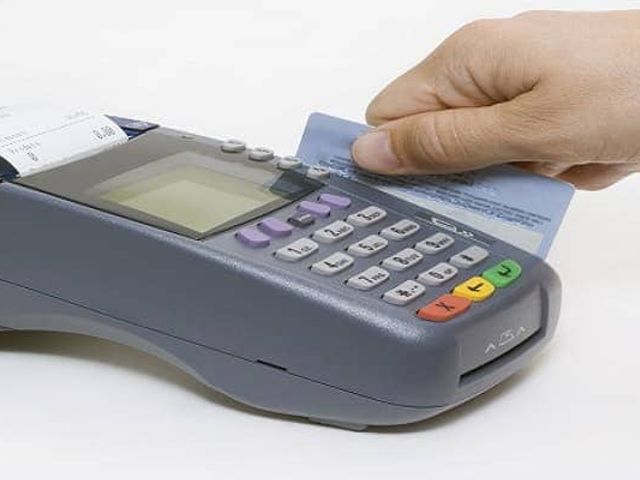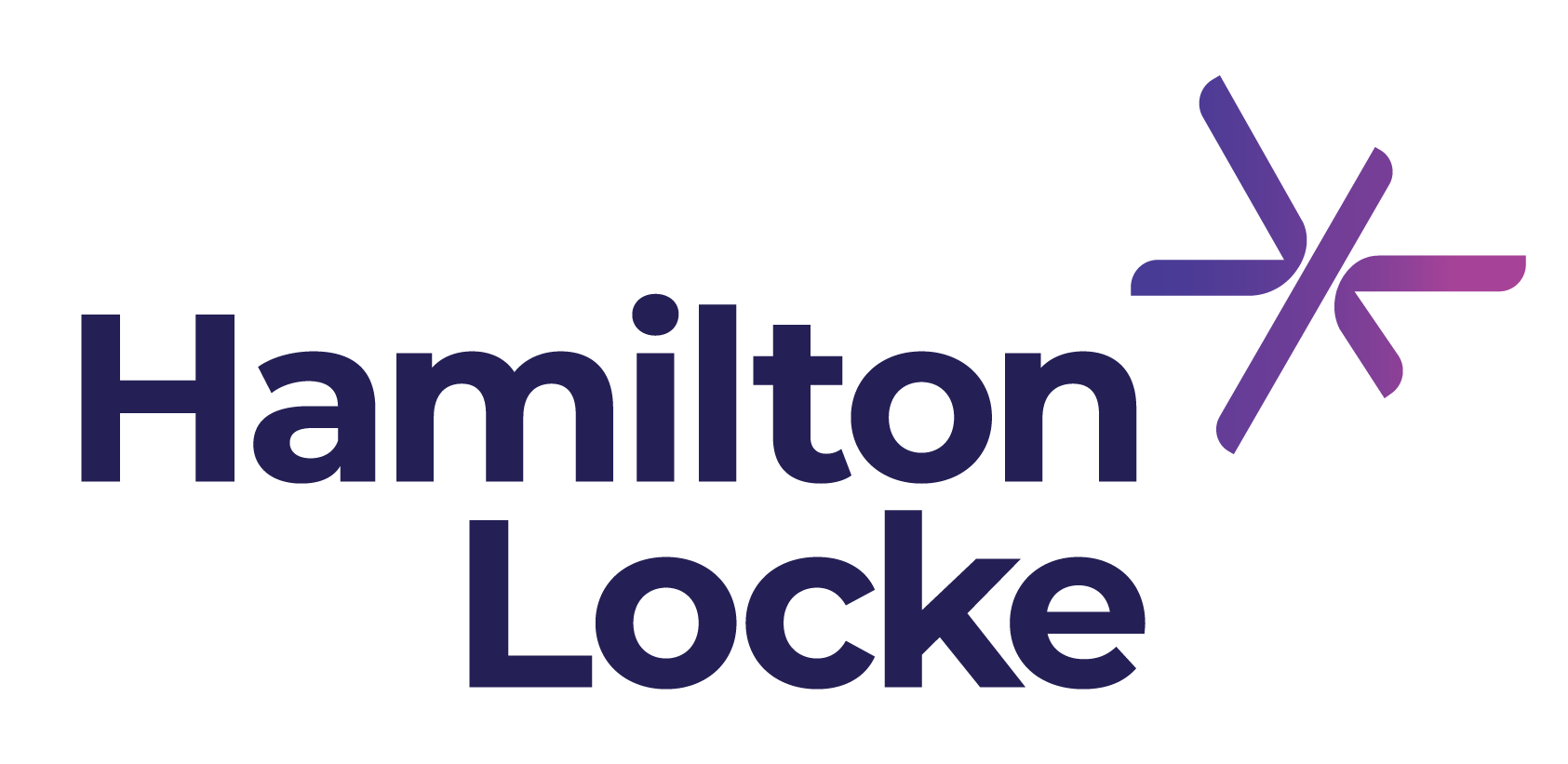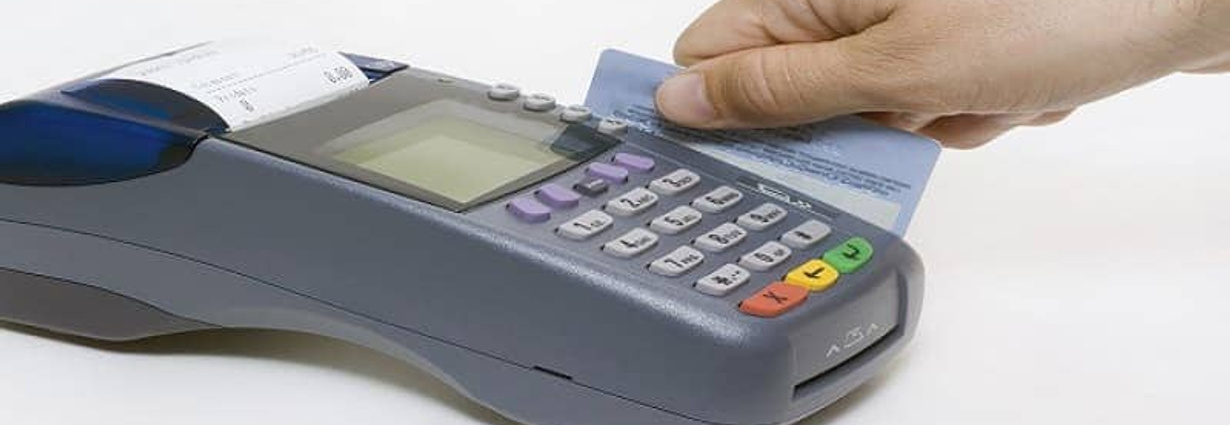THE REAL COST OF EXCESSIVE PAYMENT SURCHARGES.
Published on Nov 01, 2017

On 1 September 2017, new restrictions were introduced that prevent businesses from passing on excessive credit card surcharges to their customers.
All merchants who offer credit and debit card payment options to their customers cannot charge ‘excessive costs’ when accepting certain credit and debit cards. These rules apply to Visa, Mastercard and American Express credit and debit cards, as well as EFTPOS payments.
What is an excessive cost?
A cost is excessive if it’s greater than the actual cost of processing the payment. Merchants are only allowed to charge their customers a surcharge that covers the costs directly related to accepting a particular type of card. These include:
- Transaction charges, reversal fees, gateway fees or cancellation charges paid to a payment facilitator;
- The cost of fraud prevention services paid to an external provider; and
- Insurance or other merchant protection schemes that cover fraud or cancellation chargeback costs.
As some cards incur higher transaction costs than others, merchants cannot charge their customers a ‘flat’ or ‘average’ cost. This is because some customers would inevitably subsidise other customers’ payment choices.
The Australian Competition and Consumer Commission can investigate cases that may involve excessive surcharges. They have also been granted the power to issue infringement notices or take court action if they believe a business has charged a surcharge that is excessive.
The surcharges need to be carefully calculated
As a merchant, you now face the challenging task of determining how much you can charge your customers for using credit and debit cards. There are several ways you can do this.
Most merchants will have been told the average cost of processing transactions for each relevant card by the payment facilitator. Merchants can also ask payment facilitators for information or review the statements they receive to identify the actual fees and charges they incur. This information can all be used to help you set your surcharge rate.
If you have not received a statement from a payment facilitator and are not able to obtain one, you should use the information available to you to make fair estimates of your payment costs. This may occur if you have only recently established the payment arrangements, for example.
These estimates should be updated when more information about your actual fees and charges are known. This is particularly important if your actual costs are lower than the estimates.
Insurance premiums and other fraud prevention costs can only be built into your surcharges if they specifically apply to card transactions. If you can’t determine whether the cost applies specifically to card transactions you can’t pass it on.
Merchants can absorb the processing fees, charges and other costs associated with card transactions by simply increasing the price of their goods and services. To ensure you do not breach these provisions, this revised pricing structure must apply to all of your customers, not just those who pay with cards.
If you’re unsure what surcharges you can pass on to customers or require assistance in this area, please contact us.
Author: Lydia Carstensen
October 2017


